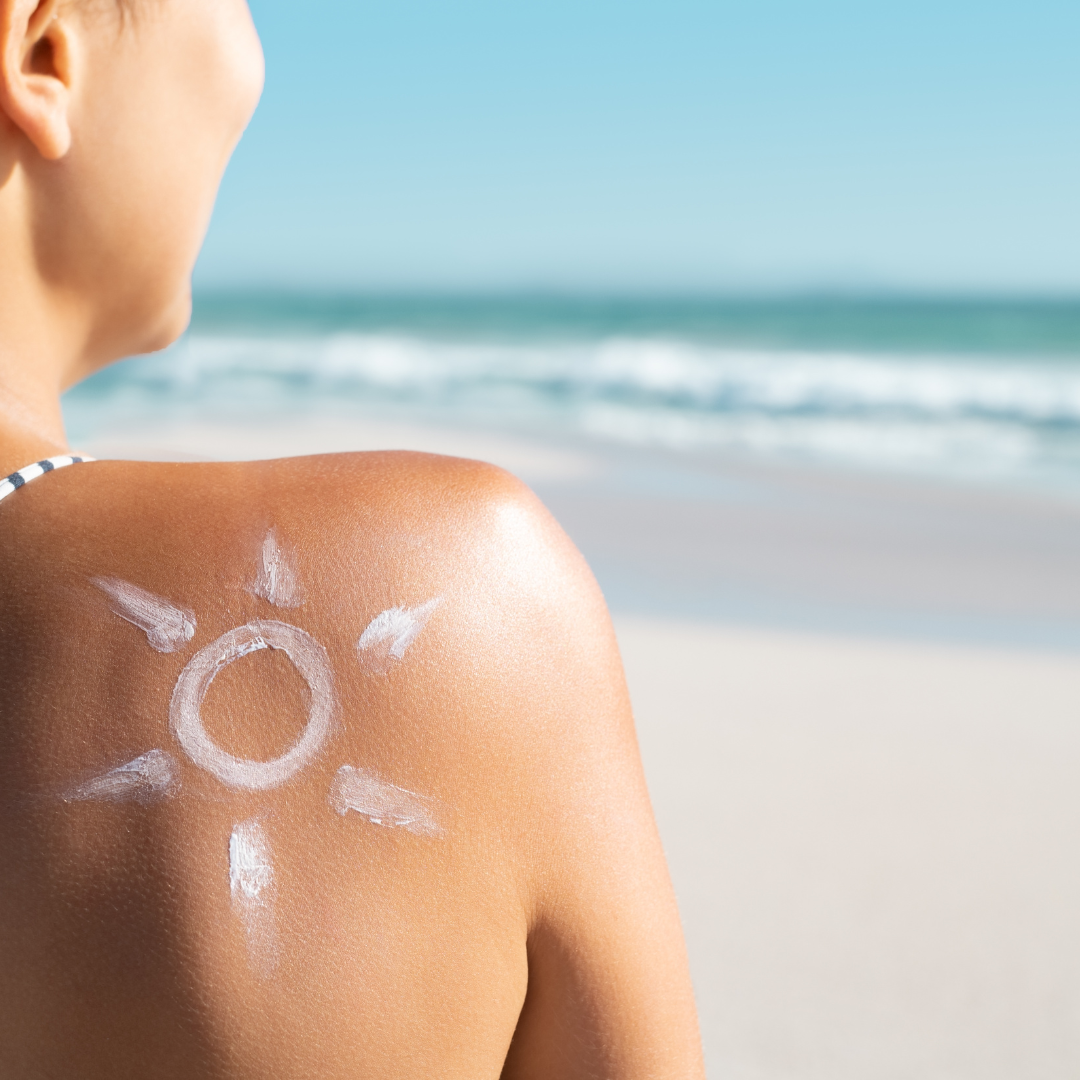
Eat Your Sunblock?
While sunscreen lotions and creams are the most commonly recommended form of sun protection, emerging research suggests that certain nutrients and dietary choices can also offer a degree of natural sun protection. By incorporating these nutrients into your diet, you can enhance your skin’s ability to fend off UV damage, reduce the risk of sunburn, and promote overall skin health. This article explores the key nutrients and nutrition that can be used as an internal sunblock.
Key Nutrients for Natural Sun Protection
Carotenoids
- Beta-Carotene: Found in carrots, sweet potatoes, and leafy greens, beta-carotene is converted to vitamin A in the body and helps protect the skin from UV damage by acting as a natural antioxidant.
- Lycopene: This carotenoid gives tomatoes, watermelon, and pink grapefruit their red color and has been shown to provide protection against sunburn and reduce the risk of skin damage from UV exposure.
Vitamin C
- A powerful antioxidant that helps neutralize free radicals generated by UV radiation. Vitamin C also aids in collagen synthesis, which can help repair sun-damaged skin. Citrus fruits, strawberries, bell peppers, and broccoli are excellent sources.
Vitamin E
- Another strong antioxidant, vitamin E helps protect skin cells from oxidative damage caused by sun exposure. It also works synergistically with vitamin C to enhance sun protection. Foods rich in vitamin E include nuts, seeds, spinach, and avocados.
Polyphenols
- Green Tea: Rich in polyphenols, particularly epigallocatechin gallate (EGCG), green tea has been shown to reduce inflammation and protect skin cells from UV-induced damage.
- Flavonoids: Found in foods like berries, apples, and onions, flavonoids have antioxidant properties that help protect the skin from the harmful effects of UV radiation.
Omega-3 Fatty Acids
- These essential fatty acids, found in fatty fish (like salmon and mackerel), flaxseeds, and walnuts, have anti-inflammatory properties that can help reduce the skin’s reaction to UV exposure and lower the risk of sunburn.
Astaxanthin
- A potent antioxidant found in marine organisms such as algae, salmon, and shrimp, astaxanthin has been shown to provide significant protection against UV damage and improve skin elasticity and hydration.
Selenium
- This trace mineral helps protect the skin from oxidative damage and is essential for maintaining skin health. Selenium can be found in Brazil nuts, seafood, and whole grains.
Foods That Enhance Natural Sun Protection
- Tomatoes: Rich in lycopene, tomatoes can improve the skin’s natural defense against UV rays. Cooked tomatoes, such as in sauces, are particularly effective as the cooking process increases lycopene availability.
- Carrots and Sweet Potatoes: High in beta-carotene, these vegetables help protect the skin from sunburn and improve skin health.
- Citrus Fruits: Packed with vitamin C, citrus fruits aid in collagen synthesis and provide antioxidant protection against UV damage.
- Green Leafy Vegetables: Spinach, kale, and other leafy greens are excellent sources of beta-carotene and vitamin C, both of which help protect the skin from sun damage.
- Fatty Fish: Salmon, mackerel, and sardines provide omega-3 fatty acids that reduce inflammation and protect the skin from UV-induced damage.
- Green Tea: Regular consumption of green tea can enhance the skin’s resistance to UV damage due to its high polyphenol content.
- Berries: Blueberries, strawberries, and blackberries are rich in antioxidants that help protect the skin from oxidative stress caused by sun exposure.
Lifestyle Tips for Enhanced Sun Protection
- Hydration: Drinking plenty of water keeps the skin hydrated, helping maintain its natural barrier and resilience against UV damage.
- Balanced Diet: A diet rich in fruits, vegetables, healthy fats, and lean proteins provides a variety of nutrients that support overall skin health and natural sun protection.
- Moderate Sun Exposure: While some sun exposure is necessary for vitamin D synthesis, it’s essential to avoid prolonged exposure during peak UV radiation hours (10 a.m. to 4 p.m.).
Conclusion
While dietary choices and nutrients alone cannot replace the effectiveness of topical sunscreens, they can complement your sun protection strategy. By incorporating foods rich in antioxidants, vitamins, and healthy fats, you can bolster your skin’s natural defenses against UV damage and promote overall skin health. Embrace a holistic approach to sun protection that combines smart nutrition, proper hydration, and safe sun practices for optimal skin health and longevity.





